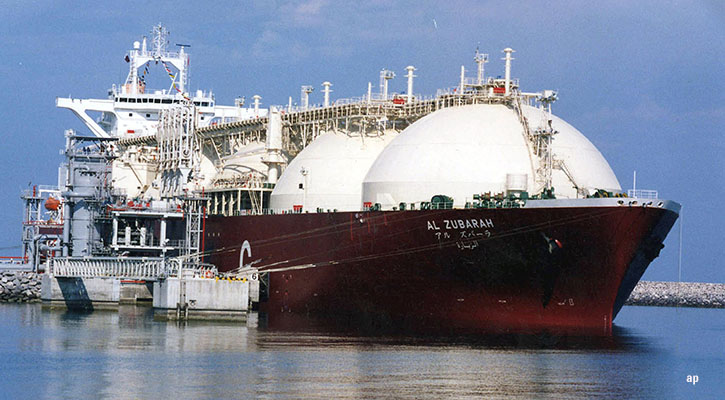Top News of the Week
Economic Growth Remained Strong, but Inflation a Concern
May economic data released last Friday continued to paint a positive picture for the Chinese economy overall. Double-digit year-over-year growth rates in industrial output, fixed-asset investment, and retail sales demonstrated that the economy was still humming along nicely in the past month, although the pace of expansion slowed down across the board compared with April.
Since the data mostly told the story of "business as usual," the bits of unusual information naturally caught everyone's attention. May exports turned in better-than-expected results, up 48.5% year over year to $132 billion, and the trade surplus for the month was $19.4 billion. The strong data were a surprise, because most analysts expected that weakening demand from the European Union countries, the largest market of Chinese exports, would hamper growth for exporters. Given the implicit peg of the Chinese currency to the U.S. dollar, the exchange rate trend was a headwind for exports too.
Data on inflation were also in the limelight. Retail inflation rose 3.1% in May, compared with 2.8% in April, driven mostly by the increase in food prices, which account for a third of the price index. This is the first month that the consumer price index breached the 3% ceiling set by the Chinese government for this year, setting off alarms for investors closely watching inflation in China. However, if you look at the first five months of 2010 as a whole, inflation was still a manageable 2.5%. Wholesale inflation grew at a much faster pace, up 7.1% in May and 5.9% for the past five months, driven by higher import prices for fuel and base metals.
The market was divided over where inflation is heading in the second half of the year. Some expect double-digit-rate wage increases reported in the manufacturing sector in recent weeks will soon usher in a new period of higher labor cost and push up prices. On the other hand, many argue that the year-over-year price comparison so far is high because of a low base last year, so the increases in the coming months will not be as pronounced.
Market Recap
The Chinese stock market was flat in the past trading week, as strong export data offset rising inflation concerns and worries about further tough policies in the property market. The mega-IPO of China's last unlisted state-owned bank, Agricultural Bank of China, scheduled to take place soon, attracted much attention but less investor interest. It was reported that regulators slowed the approval of other pending IPOs to make way for the bank's listing, which is expected to raise $20 billion in Shanghai and Hong Kong. The Shanghai Composite Index was up slightly to 2,570 from 2,554, and the Shenzhen Composite Index exhibited a similar trend, to 10,239 from 10,187.
Macro and Industry Updates
May Housing Prices Up 12.4% Year Over Year
Housing prices in the 70 major Chinese cities rose 12.4% year over year, driven mostly by price increases for new homes. Compared with the year-ago period, prices for high-end properties rose 19%, while average prices were up 17%. Sequentially, however, the price increases were negligible, largely because of tough new policies launched in late April to curb speculation by raising down payment and mortgage interest rates. Restrictions were also imposed on purchases of multiple properties by investors. The government is expected to introduce property taxes soon in an effort to further raise the cost of holding property for speculation and to help local governments become less dependent on land auction revenue.
JP Morgan Forms China Joint Venture with First Capital Securities
After four years and two unsuccessful negotiations, J.P. Morgan finally gained access to China's lucrative IPO market by setting up a joint venture with Shenzhen-based broker First Capital Securities. With a 33% minority ownership in the joint venture, J.P. Morgan can participate in IPO underwriting of Chinese companies on the Shanghai and Shenzhen stock exchanges, but will not be able to trade stocks on the secondary market. Currently, only Goldman Sachs and UBS have full-service licenses in China through their joint ventures. The licenses of Deutsche Bank, Credit Suisse, and J.P. Morgan entitle them to only IPO underwriting.










:quality(80)/cloudfront-us-east-1.images.arcpublishing.com/morningstar/MNPB4CP64NCNLA3MTELE3ISLRY.jpg)












